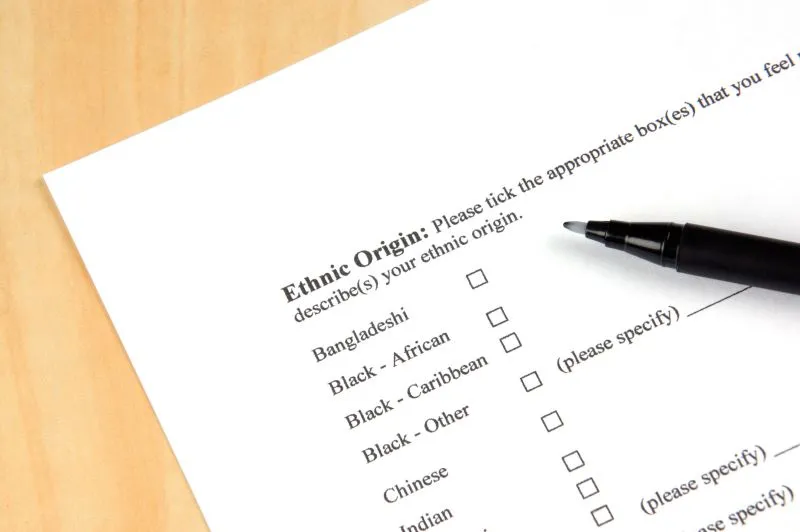Use of Race and Ethnicity in Medical Research: A Critical Assessment

Assessing the Impact of Race in Medical Research
Recent findings highlight that the use of race and ethnicity in medical research can lead to significant delays in treatments. For instance, Jazmin Evans, diagnosed with kidney disease at 17, discovered that racial assessments impacted her place on the transplant list.
Clinical Equations and Their Consequences
These equations often overestimate kidney function among Black patients, increasing wait times for crucial care. This misjudgment stems from outdated and harmful practices within clinical algorithms.
- Reports cite the misapplication of race in assessing diseases.
- Many algorithms base health decisions on racial categories rather than socioeconomic factors.
Moving Towards Fair Representation
Experts advocate for diversifying those who design medical algorithms to mitigate racial biases. Collaboration with communities is essential to ensure fair analysis and representation in research.
Ongoing reassessment of race's role in healthcare is critical, asserting that race acts as a social determinant of health rather than a biological one.
This article was prepared using information from open sources in accordance with the principles of Ethical Policy. The editorial team is not responsible for absolute accuracy, as it relies on data from the sources referenced.